Official government website of the Government of the Kingdom of Saudi Arabia
Links to official Saudi websites end withgov.sa
All links to official websites of government agencies in the Kingdom ofSaudi Arabia end with .gov.sa
Government websites use theHTTPSprotocol for encryption and security.
Secure websites in the Kingdom of Saudi Arabia use the HTTPS protocolfor encryption.
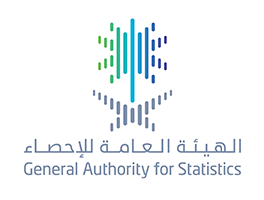
GASTAT: Saudis’ Unemployment Rate Decreases During the fourth Quarter of 2018 Compared to the Previous Quarter
01-04-2019
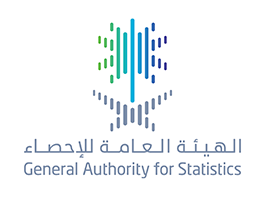
GASTAT: Wholesale Price Index Increases in February 2019
27-03-2019
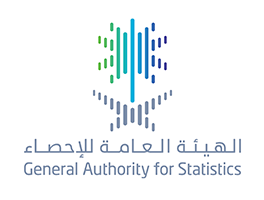
GASTAT: Consumer Price Index (CPI) Decreases by 0.2% in February, 2019
26-03-2019
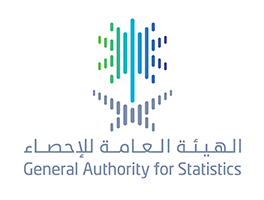
“GASTAT” releases the indicator of SMEs contribution to private sector for the third quarter of 2018
25-03-2019

GASTAT: Saudi Arabia is One Year Away Until the Saudi Arabia Census 2020
20-03-2019
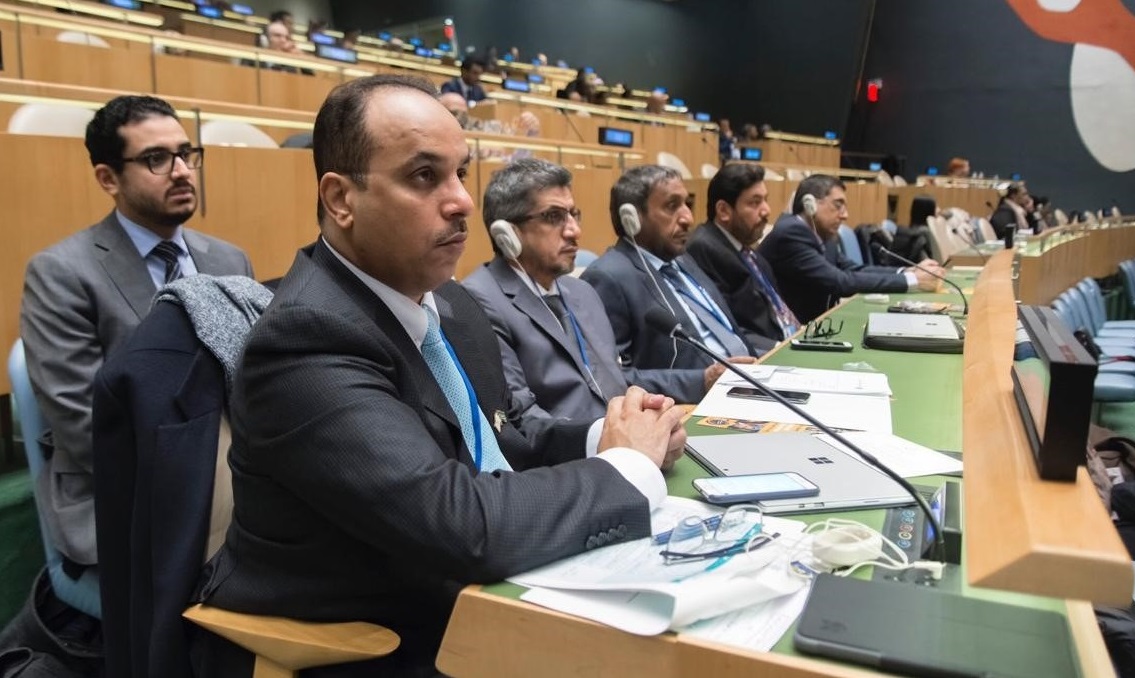
Saudi Arabia Ends its Participation in the Works of the United Nations Statistical Commission (50th Round)
18-03-2019
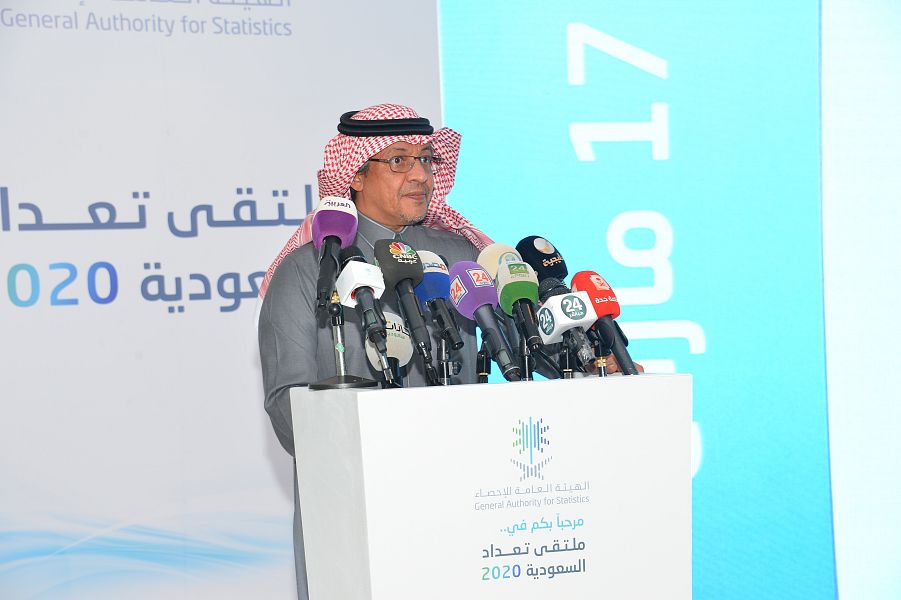
الهيئة العامة للإحصاء تعلن عن ليلة الإسناد الزمني لتعداد 2020
17-03-2019

GASTAT: (17, 40%) of population are practicing sports for more than 150 minutes on a weekly basis
06-03-2019
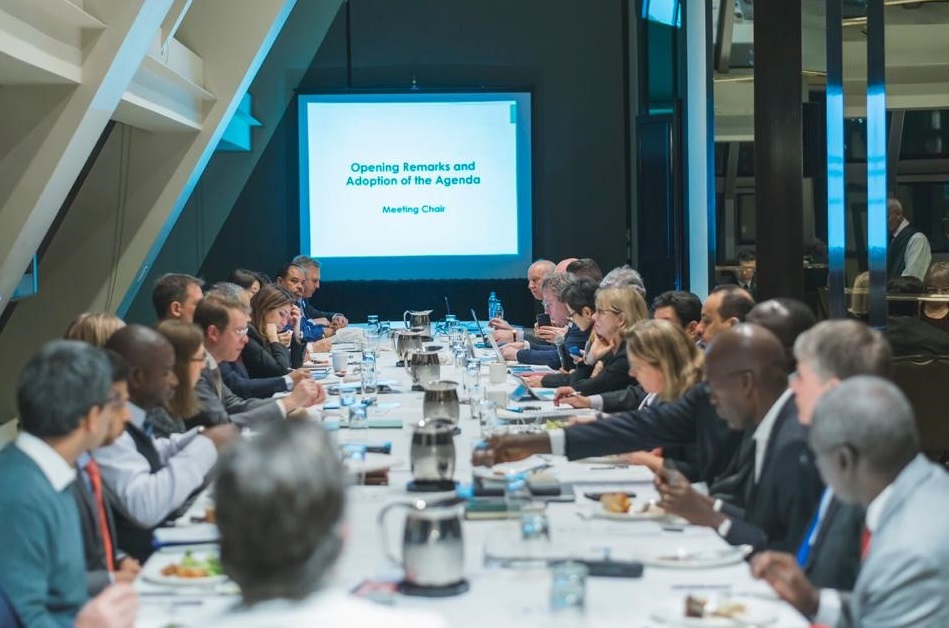
GASTAT Participates in ICP Board of Directors Fourth Meeting (2019)
06-03-2019
GASTAT: Saudi Unemployment Rate Falls in Q3 of 2018
29-01-2019
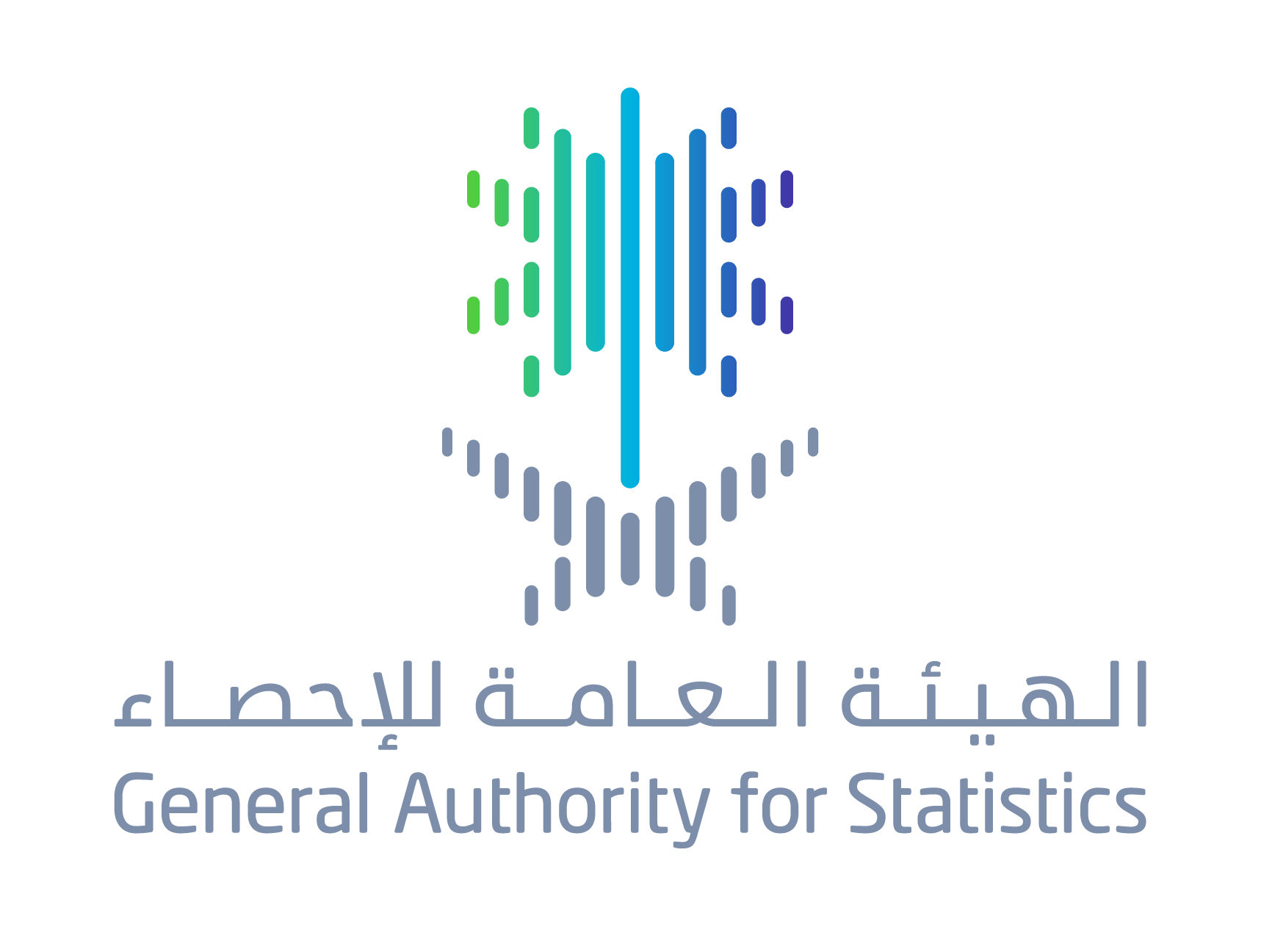
General Authority for Statistics (GASTAT): Stability in Wholesale Price Index, December 2018
28-01-2019
GASTAT Releases Housing Bulletin to Describe Households’ Dwellings Until the Mid of 2018
28-01-2019
General Authority for Statistics (GASTAT) Released Real Estate Price Index Q4, 2018
28-01-2019
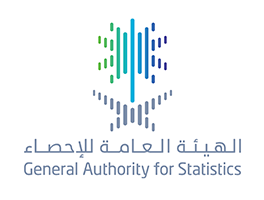
GASTAT: Consumer Price Index (CPI) Decreases by 0.3% in December, 2018
23-01-2019
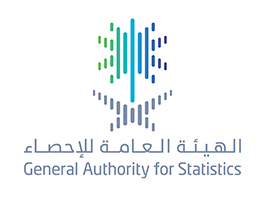
(Saudi and Non-Saudi) Unemployment Rate Drops to 6%, and Stabilizes at 12.9% for Saudi Citizens
22-01-2019
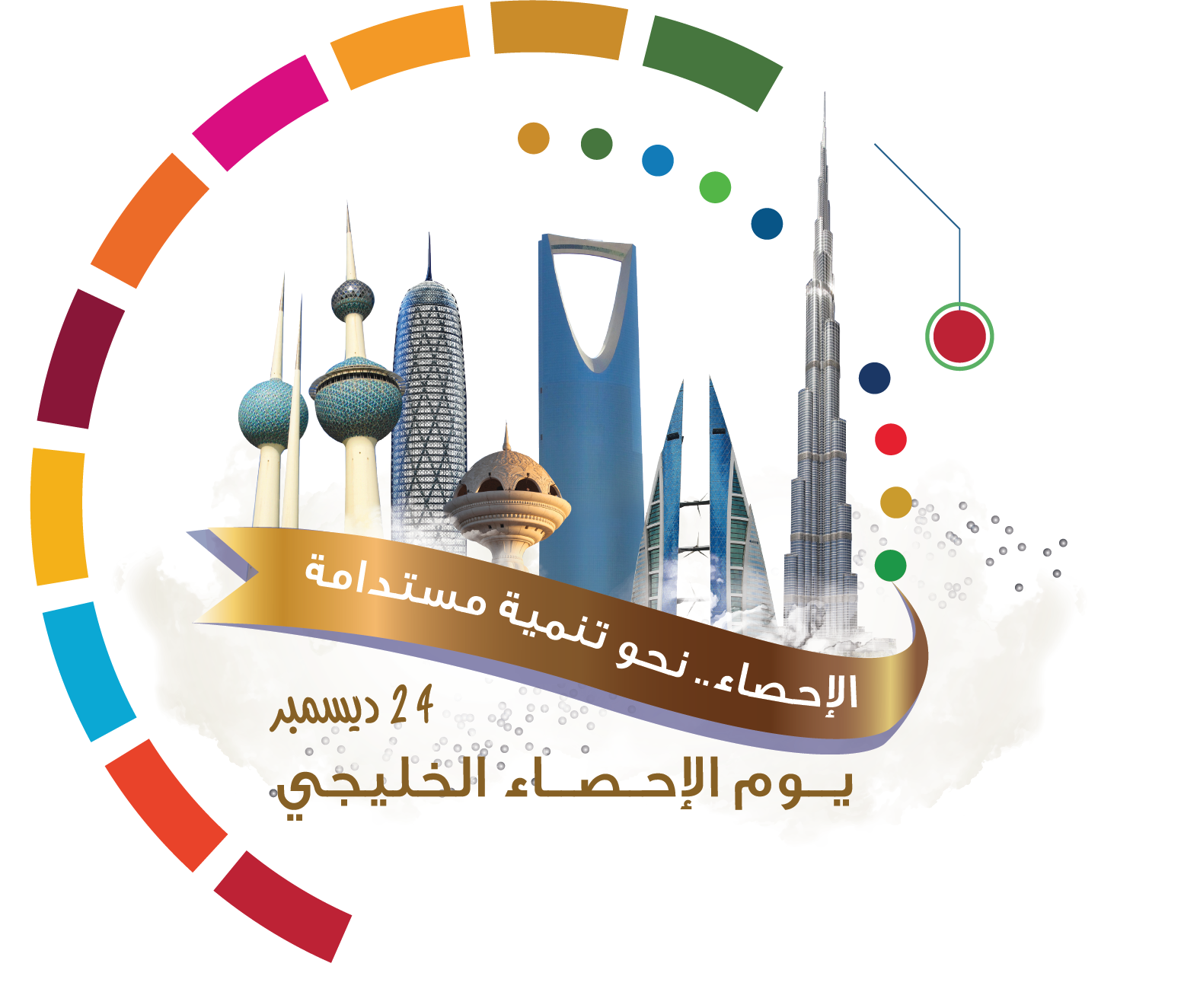
GASTAT Releases the Manual of Statistical Definitions, Concepts and Terms
13-01-2019
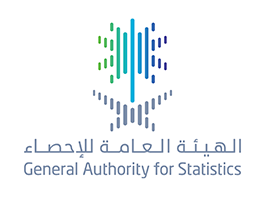
“GASTAT’’ Releases Results of (Industrial Economic Environment) Survey 2017
03-01-2019
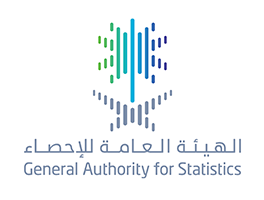
GASTAT: Consumer Price Index (CPI) Decreases and Annual Index Rises in November 2018
26-12-2018
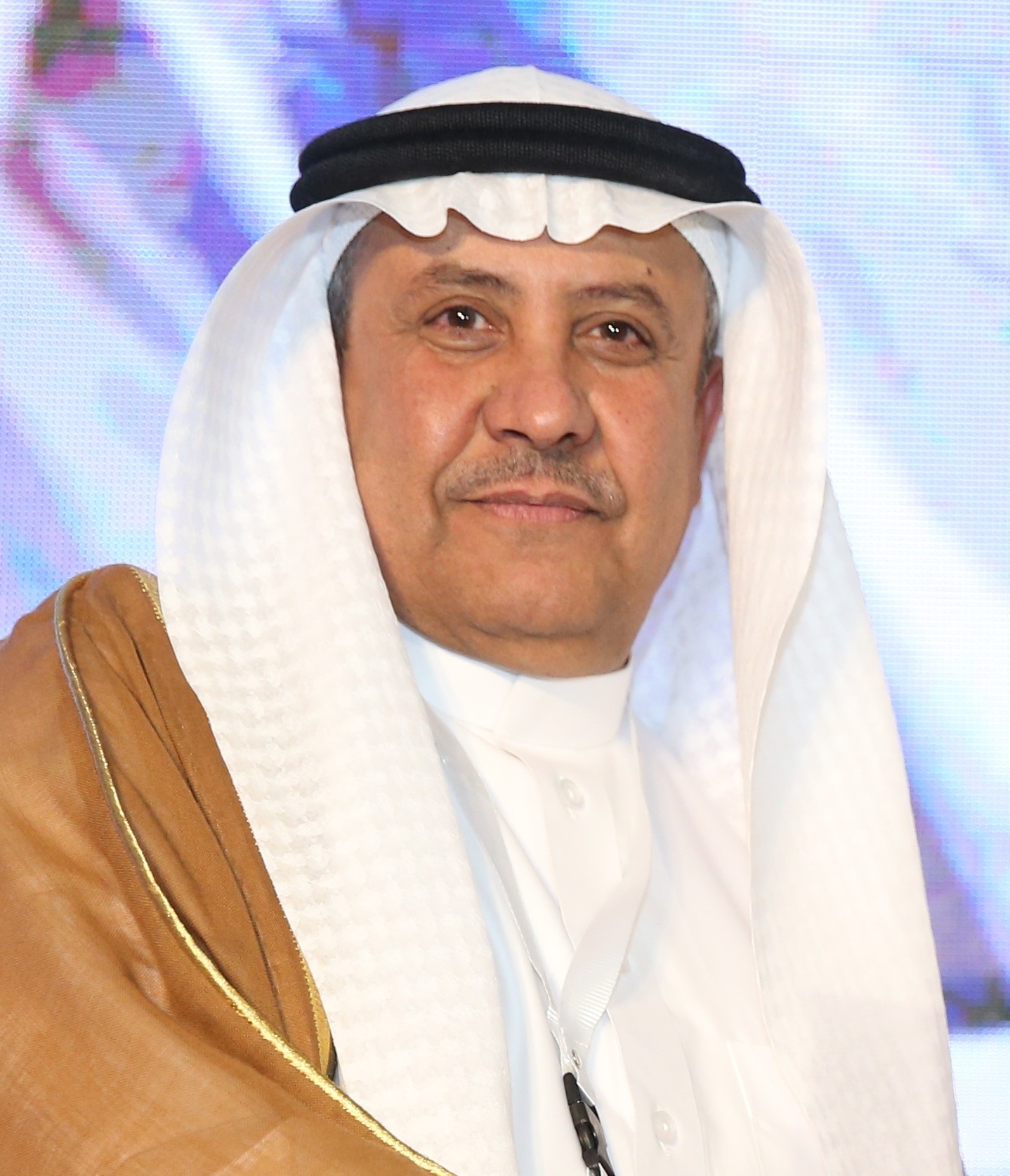
(SESRIC) board of directors holds its 41st meeting
25-12-2018
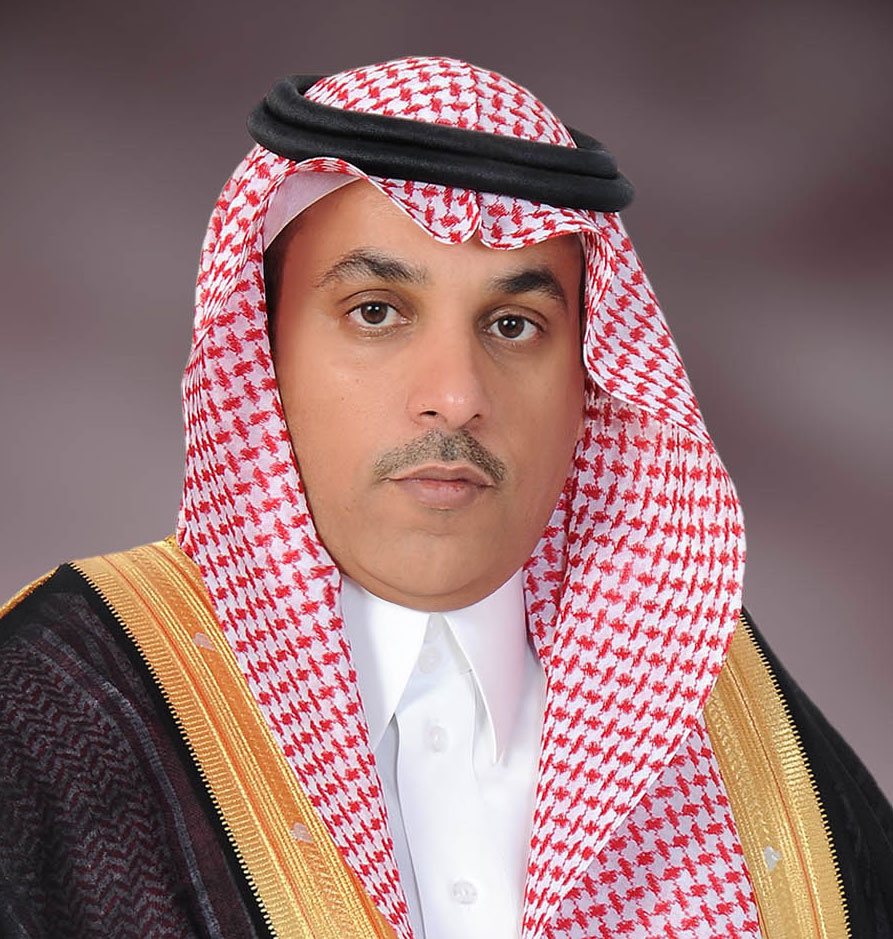
Dr.Fahad AL-Tukhaifi: the budget adopts an “organized planning’’ as a new approach for development
20-12-2018
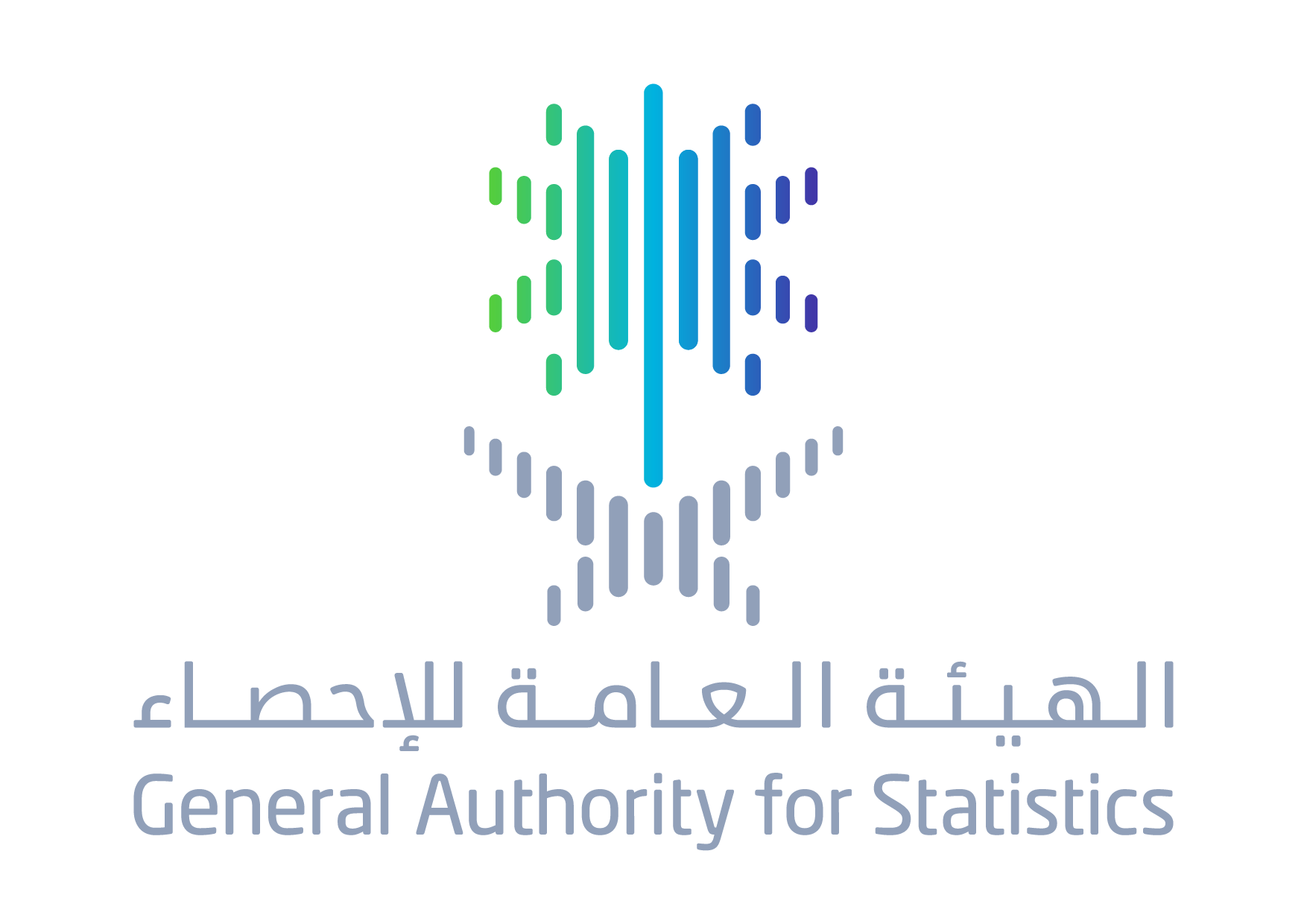
GASTAT Releases for the First Time Industrial Activity Survey's Results-2017
16-12-2018
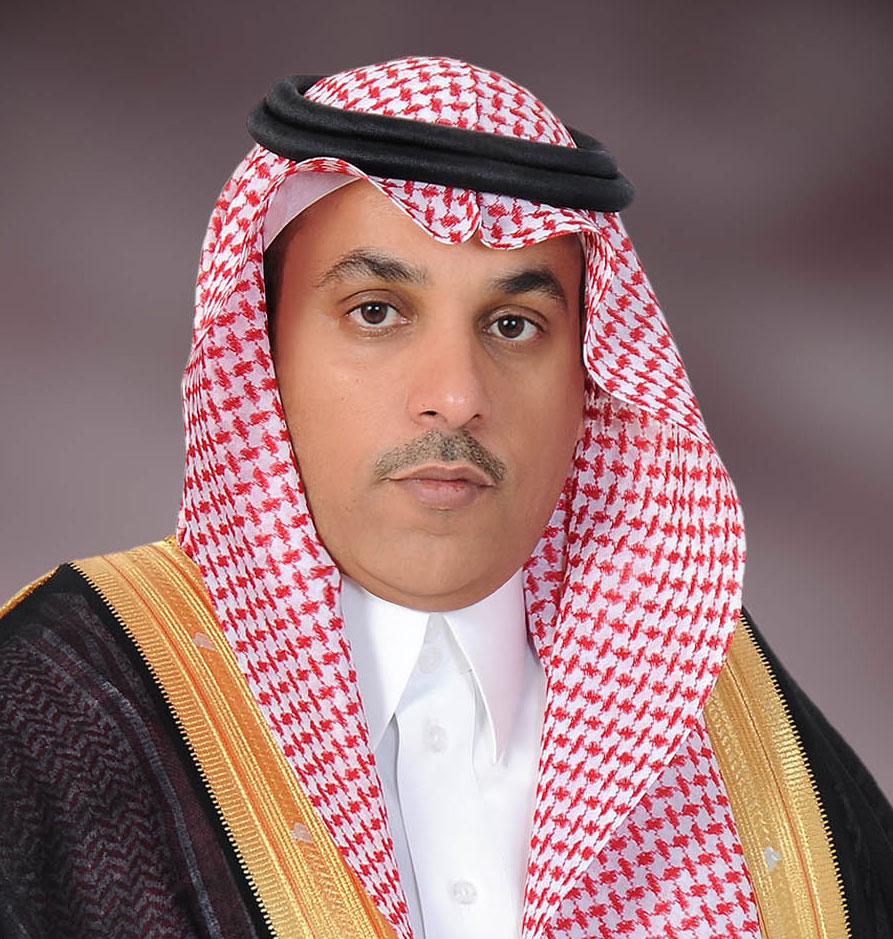
طويق وحكاية أربع سنوات في عهد "سلمان"
10-12-2018
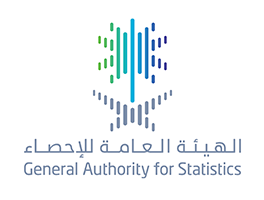
“GASTAT” Releases the Results of the Household Energy Survey for 2018
05-12-2018
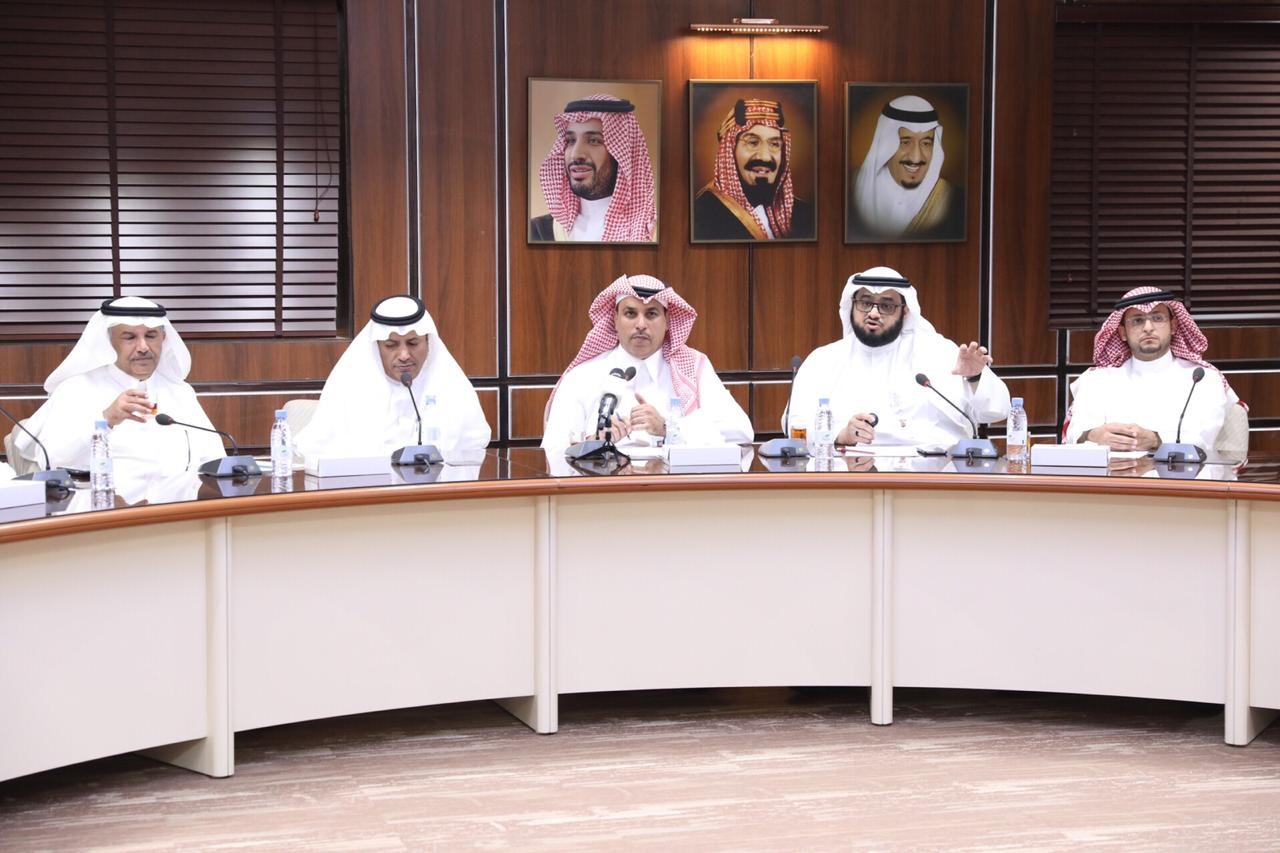
GASTAT concludes its awareness week in Aseer region
03-12-2018
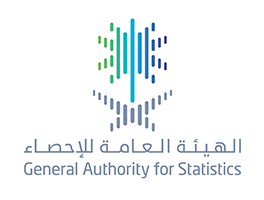
GASTAT: Consumer Price Index (CPI) Decreases and Annual Index Rises in October,2018
28-11-2018
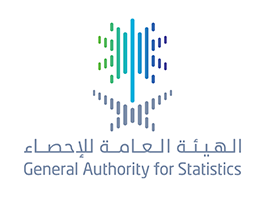
GASTAT Releases Internal Trade Survey Results Q2- 2018
25-11-2018
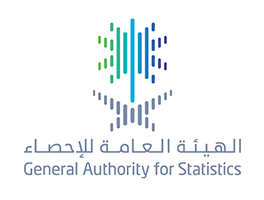
GASTAT: Saudi Workers Monthly Average Wage in Four Sectors: 10.238 SAR
21-11-2018
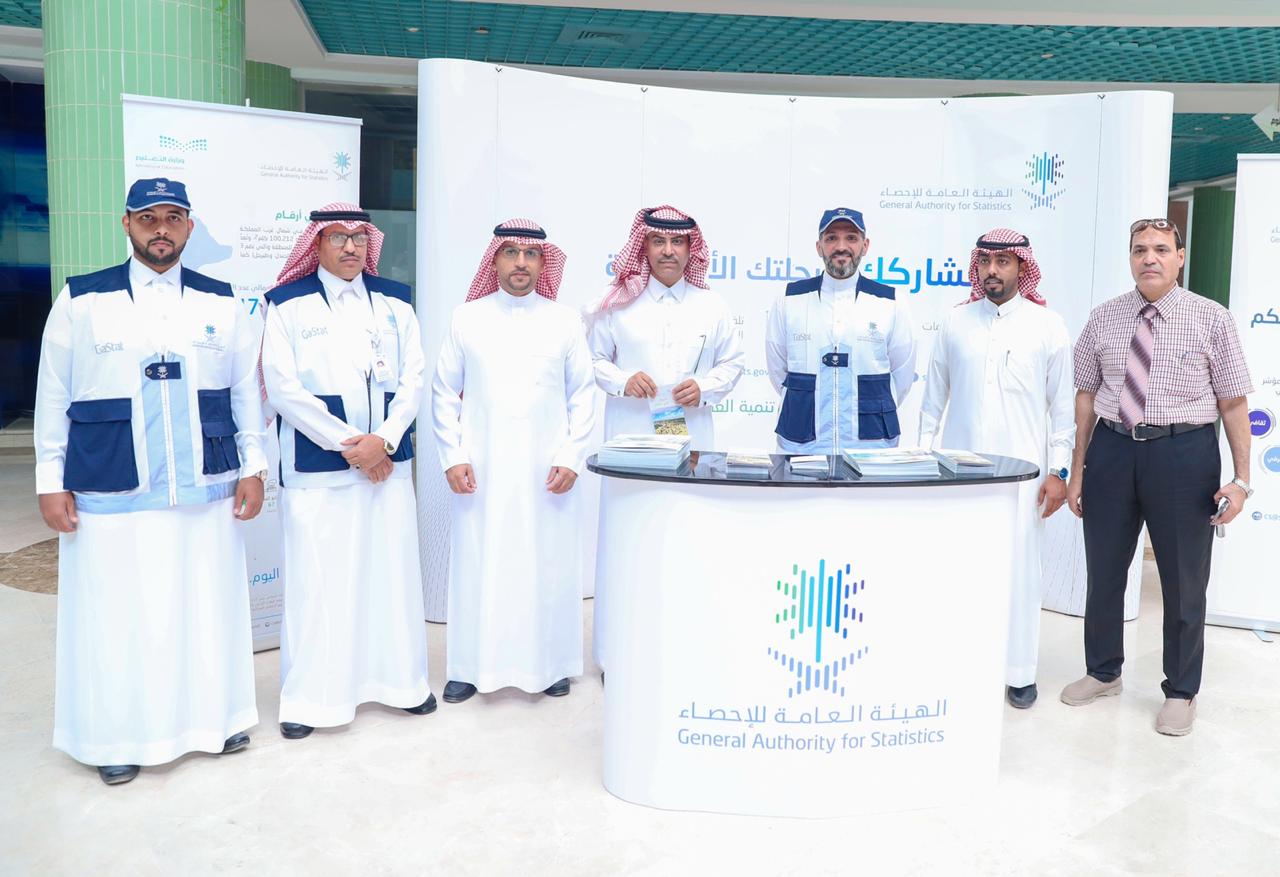
GASTAT Launches its Awareness Week for Students of General and Higher Education in Al-Jouf Region
21-11-2018
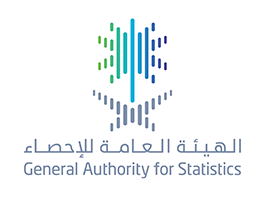
GASTAT: Index of Industrial Production Increased during the Second Quarter of 2018
18-11-2018
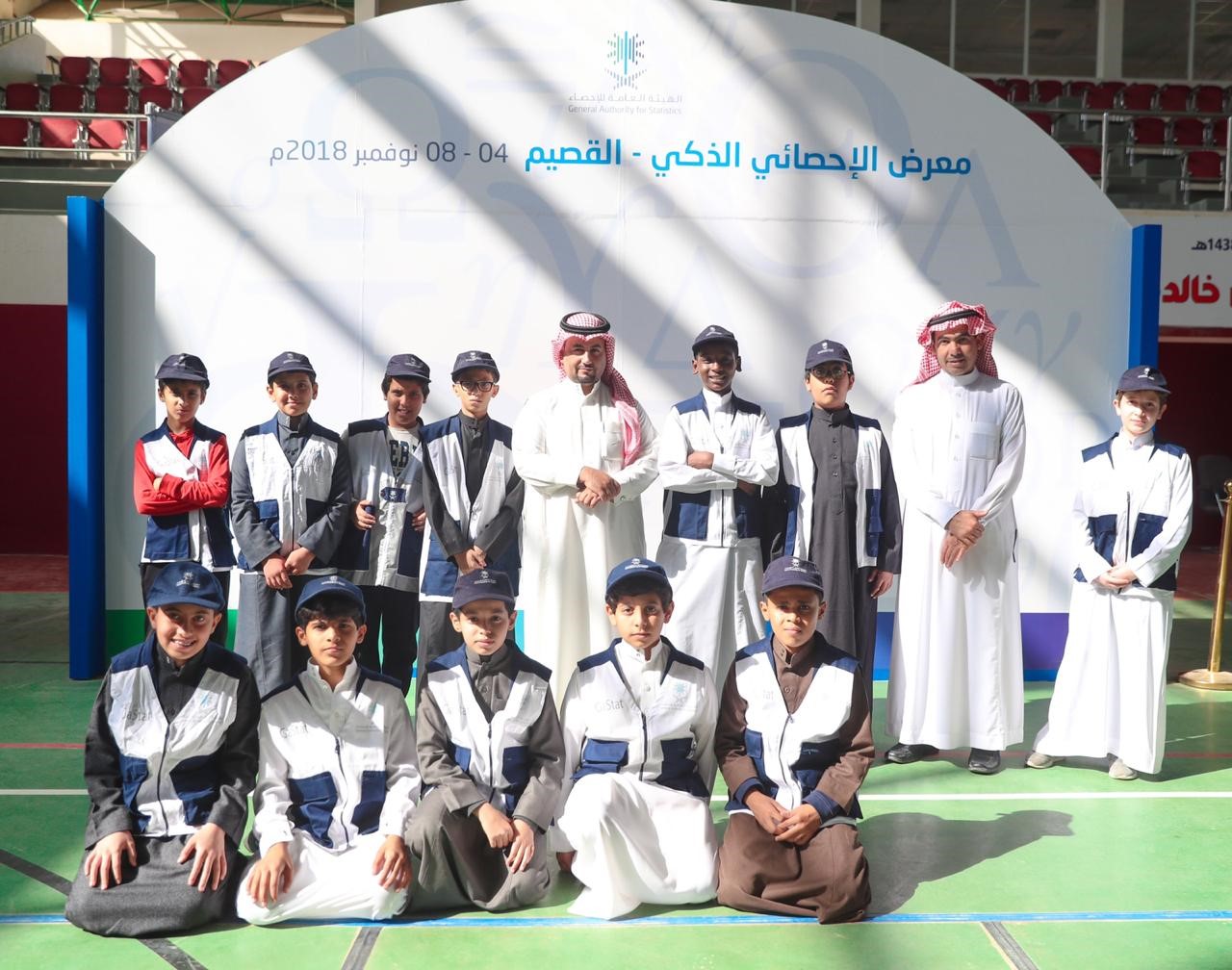
Qassim's Students Participate in Smart Statistician Exhibition
13-11-2018
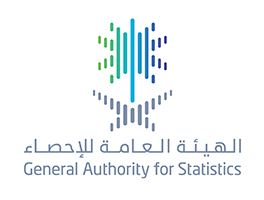
GASTAT: Number of Saudi Workers Working at Private Establishments Rose to 5.7%
07-11-2018
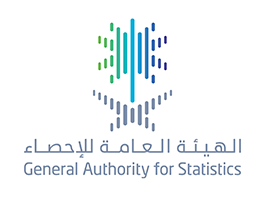
GASTAT: Per Capita GDP, Current Account of the Balance of Payments and Total Savings of the 2nd Quarter of 2018 Increased
06-11-2018

The coordination committee is holding its third meeting with 17 governmental entities
04-11-2018
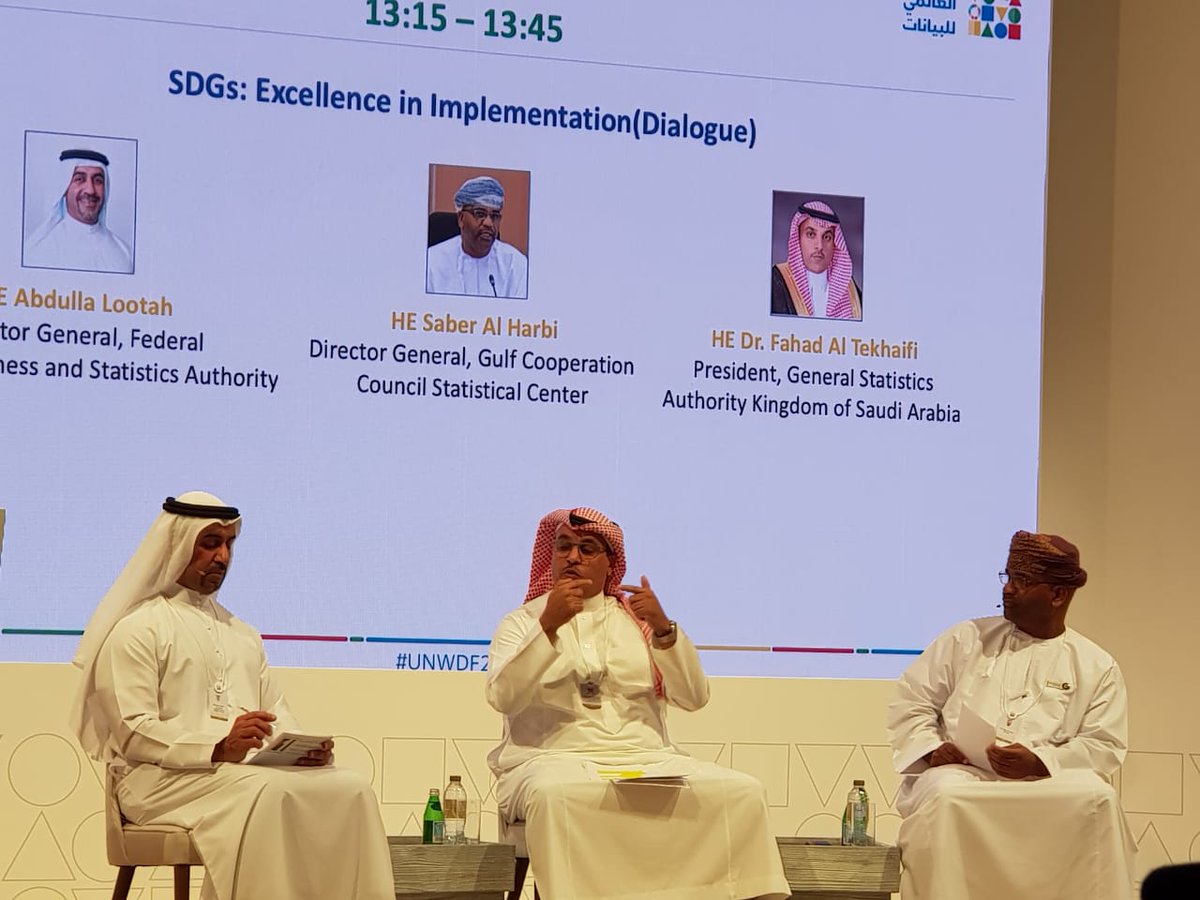
Al Tekhaifi: Saudi Arabia seeks to be one of the first countries in the world to achieve the Sustainable Development Goals through building statistical indicators and creating development policies
28-10-2018
GASTAT: Real-Estate Prices Index Decreased During Q3, 2018
28-10-2018
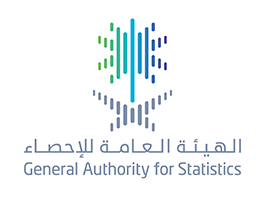
GASTAT Releases the Results of the Finance and Insurance Survey 2017
11-10-2018
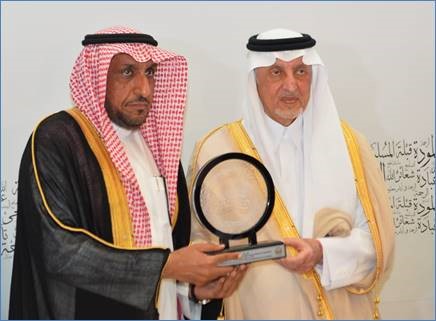
The Advisor of the Custodian of the Two Holly Mosques Honors GASTAT as One of the Success Partners
11-10-2018
GASTAT: More than 278 thousand prayers,107 thousand circumambulations of the Kaaba every hour and 42 scientific study and research to support the development
11-10-2018
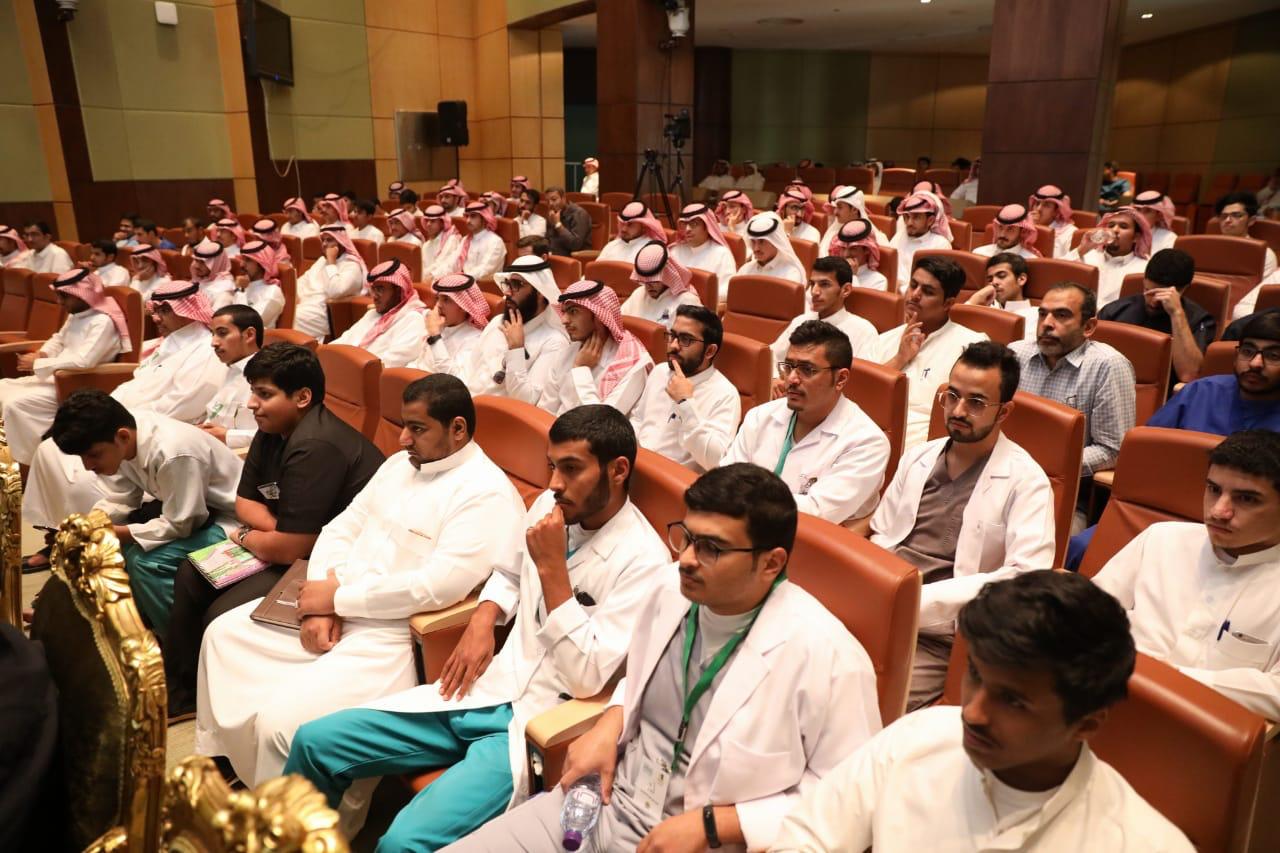
GASTAT concludes its awareness week in Al-Jawf region
08-10-2018

GASTAT Conducts 9 Field Surveys that Continue Until the Beginning Of Rabi’ Al-Thani 1440H.
02-10-2018

GASTAT: Saudis’ Unemployment Rate Decreases During the fourth Quarter of 2018 Compared to the Previous Quarter
01-04-2019

GASTAT: Wholesale Price Index Increases in February 2019
27-03-2019

GASTAT: Consumer Price Index (CPI) Decreases by 0.2% in February, 2019
26-03-2019

“GASTAT” releases the indicator of SMEs contribution to private sector for the third quarter of 2018
25-03-2019

GASTAT: Saudi Arabia is One Year Away Until the Saudi Arabia Census 2020
20-03-2019

Saudi Arabia Ends its Participation in the Works of the United Nations Statistical Commission (50th Round)
18-03-2019

الهيئة العامة للإحصاء تعلن عن ليلة الإسناد الزمني لتعداد 2020
17-03-2019

GASTAT: (17, 40%) of population are practicing sports for more than 150 minutes on a weekly basis
06-03-2019

GASTAT Participates in ICP Board of Directors Fourth Meeting (2019)
06-03-2019
GASTAT: Saudi Unemployment Rate Falls in Q3 of 2018
29-01-2019

General Authority for Statistics (GASTAT): Stability in Wholesale Price Index, December 2018
28-01-2019
GASTAT Releases Housing Bulletin to Describe Households’ Dwellings Until the Mid of 2018
28-01-2019
General Authority for Statistics (GASTAT) Released Real Estate Price Index Q4, 2018
28-01-2019

GASTAT: Consumer Price Index (CPI) Decreases by 0.3% in December, 2018
23-01-2019

(Saudi and Non-Saudi) Unemployment Rate Drops to 6%, and Stabilizes at 12.9% for Saudi Citizens
22-01-2019

GASTAT Releases the Manual of Statistical Definitions, Concepts and Terms
13-01-2019

“GASTAT’’ Releases Results of (Industrial Economic Environment) Survey 2017
03-01-2019

GASTAT: Consumer Price Index (CPI) Decreases and Annual Index Rises in November 2018
26-12-2018

(SESRIC) board of directors holds its 41st meeting
25-12-2018

Dr.Fahad AL-Tukhaifi: the budget adopts an “organized planning’’ as a new approach for development
20-12-2018

GASTAT Releases for the First Time Industrial Activity Survey's Results-2017
16-12-2018

طويق وحكاية أربع سنوات في عهد "سلمان"
10-12-2018

“GASTAT” Releases the Results of the Household Energy Survey for 2018
05-12-2018

GASTAT concludes its awareness week in Aseer region
03-12-2018

GASTAT: Consumer Price Index (CPI) Decreases and Annual Index Rises in October,2018
28-11-2018

GASTAT Releases Internal Trade Survey Results Q2- 2018
25-11-2018

GASTAT: Saudi Workers Monthly Average Wage in Four Sectors: 10.238 SAR
21-11-2018

GASTAT Launches its Awareness Week for Students of General and Higher Education in Al-Jouf Region
21-11-2018

GASTAT: Index of Industrial Production Increased during the Second Quarter of 2018
18-11-2018

Qassim's Students Participate in Smart Statistician Exhibition
13-11-2018

GASTAT: Number of Saudi Workers Working at Private Establishments Rose to 5.7%
07-11-2018

GASTAT: Per Capita GDP, Current Account of the Balance of Payments and Total Savings of the 2nd Quarter of 2018 Increased
06-11-2018

The coordination committee is holding its third meeting with 17 governmental entities
04-11-2018

Al Tekhaifi: Saudi Arabia seeks to be one of the first countries in the world to achieve the Sustainable Development Goals through building statistical indicators and creating development policies
28-10-2018
GASTAT: Real-Estate Prices Index Decreased During Q3, 2018
28-10-2018

GASTAT Releases the Results of the Finance and Insurance Survey 2017
11-10-2018

The Advisor of the Custodian of the Two Holly Mosques Honors GASTAT as One of the Success Partners
11-10-2018
GASTAT: More than 278 thousand prayers,107 thousand circumambulations of the Kaaba every hour and 42 scientific study and research to support the development
11-10-2018

GASTAT concludes its awareness week in Al-Jawf region
08-10-2018

GASTAT Conducts 9 Field Surveys that Continue Until the Beginning Of Rabi’ Al-Thani 1440H.
02-10-2018